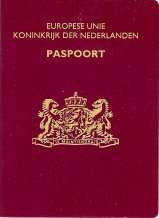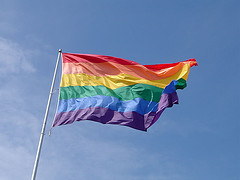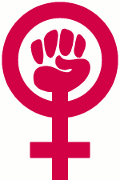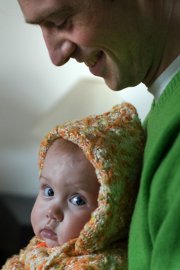
Today, the first ever gender neutral passport has been issued to the 57-year-old Leonne Zeegers of Breda, Noord-Brabant. Instead of having a ‘v’ (‘vrouw’ = woman) or ‘m’ (‘man’, same as in English) in their passport, they have an ‘x’, making them the first Dutch person to have such a passport.
The issuing of this passport comes after a court decision earlier this year in Roermond, Limburg, claiming that gender was a question of gender identity and not of sex characteristics. When Leonne was born, the doctors were not able to determine with any certainty if they were a boy or a girl, and as such was an intergender person back when the term was not used as it is today. Back in the day, the parents had to pick a gender, so they went with male ‘because it was easier’. Later in life, Leonne realised they didn’t feel like a man, and switched their gender to female, but that didn’t help because they really felt like neither, a choice that didn’t exist back then.
Hopefully the move will also encourage many other Dutch instances to scrap registering gender for no actual reason than force of habit. According to Dutch interest groups, some 4 percent of the Dutch feel like Leonne does.
(Link: omroepbrabant.nl)



 OK, this is somewhat old news (in fact, Dutch Daily News
OK, this is somewhat old news (in fact, Dutch Daily News  In the Netherlands 11% of all senior management positions are occupied by women.
In the Netherlands 11% of all senior management positions are occupied by women.  According to
According to  If you want to save as much as 0.3 percentage points on your interest rates, close a loan with a bank employee of the same sex.
If you want to save as much as 0.3 percentage points on your interest rates, close a loan with a bank employee of the same sex.
 According to
According to  Foekje Dillema, the runner
Foekje Dillema, the runner